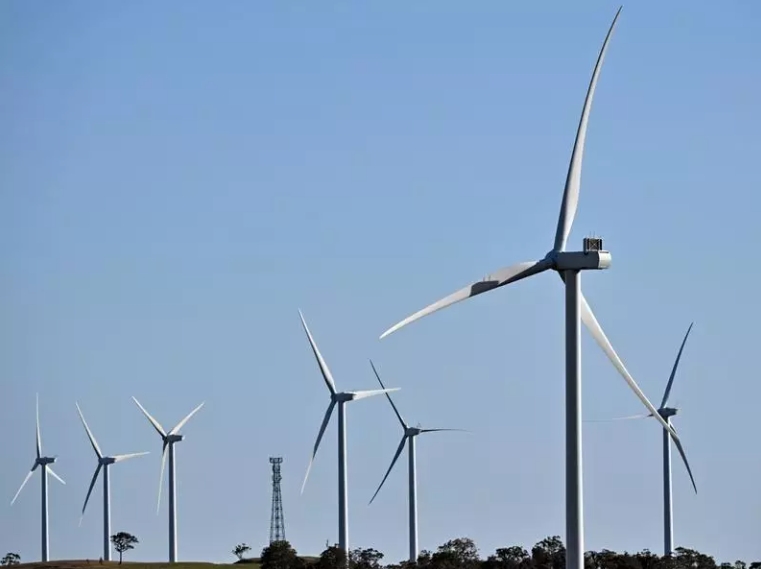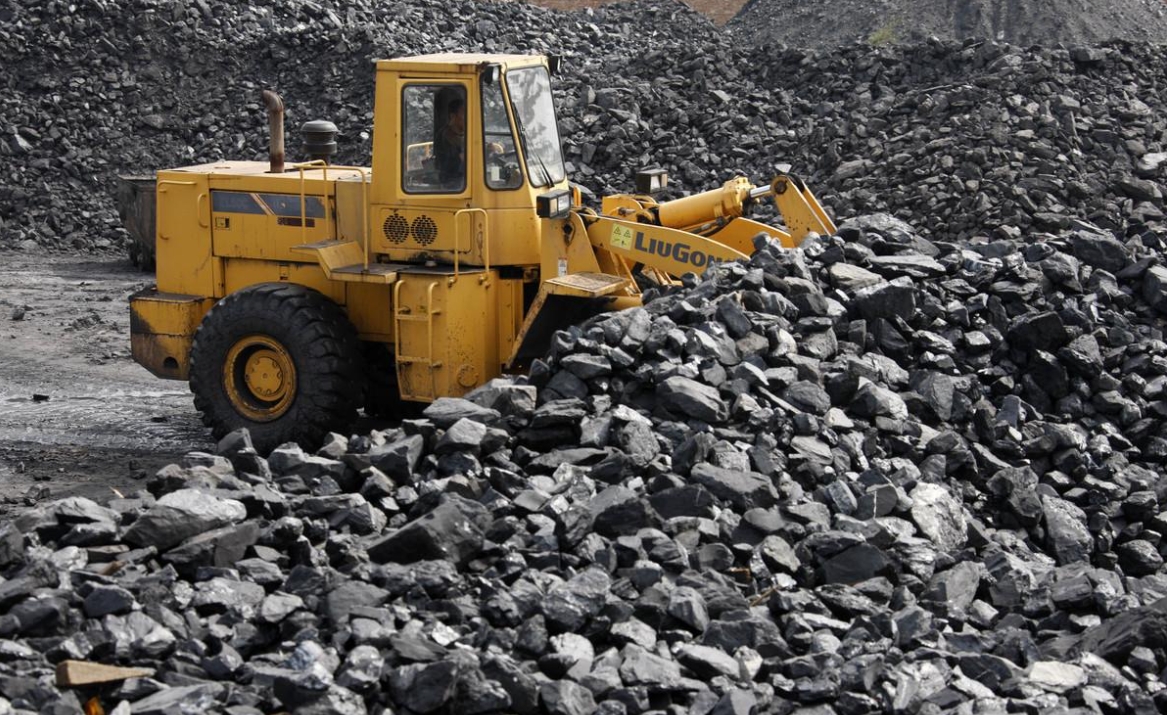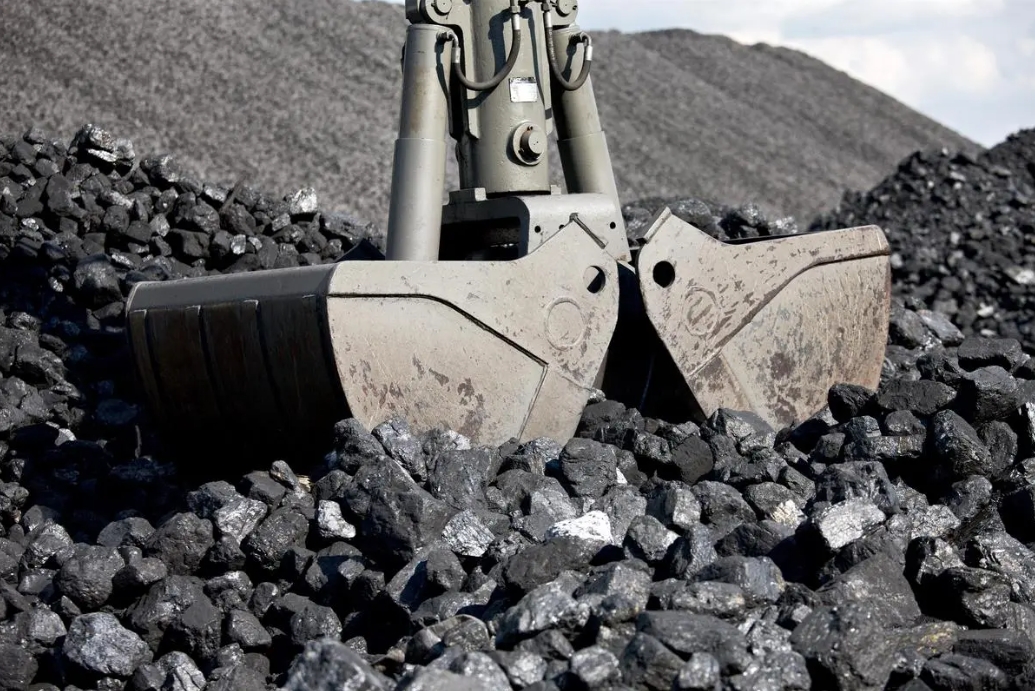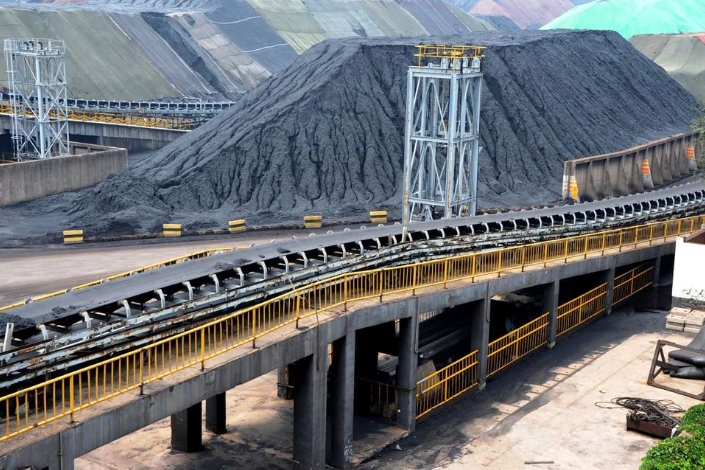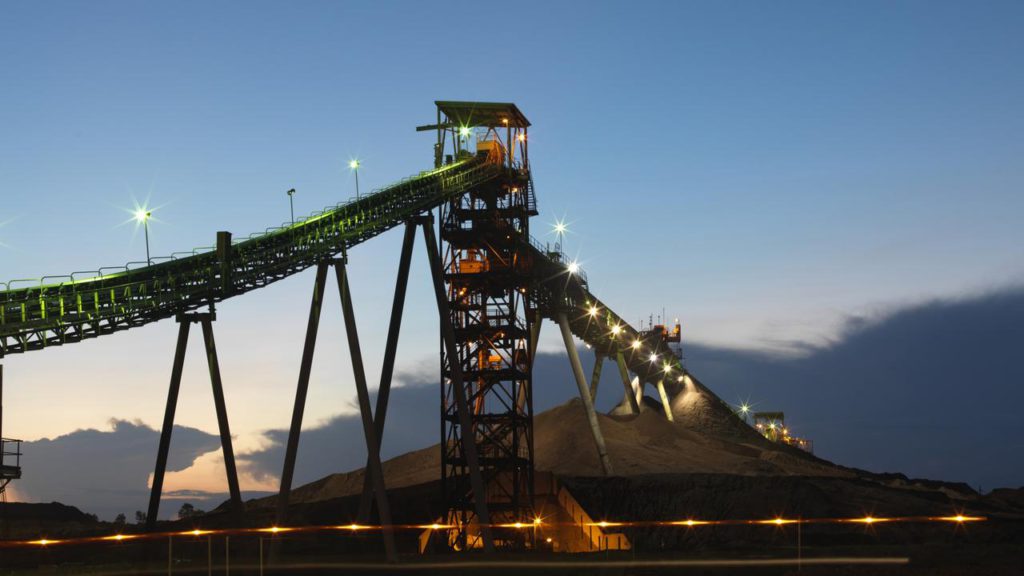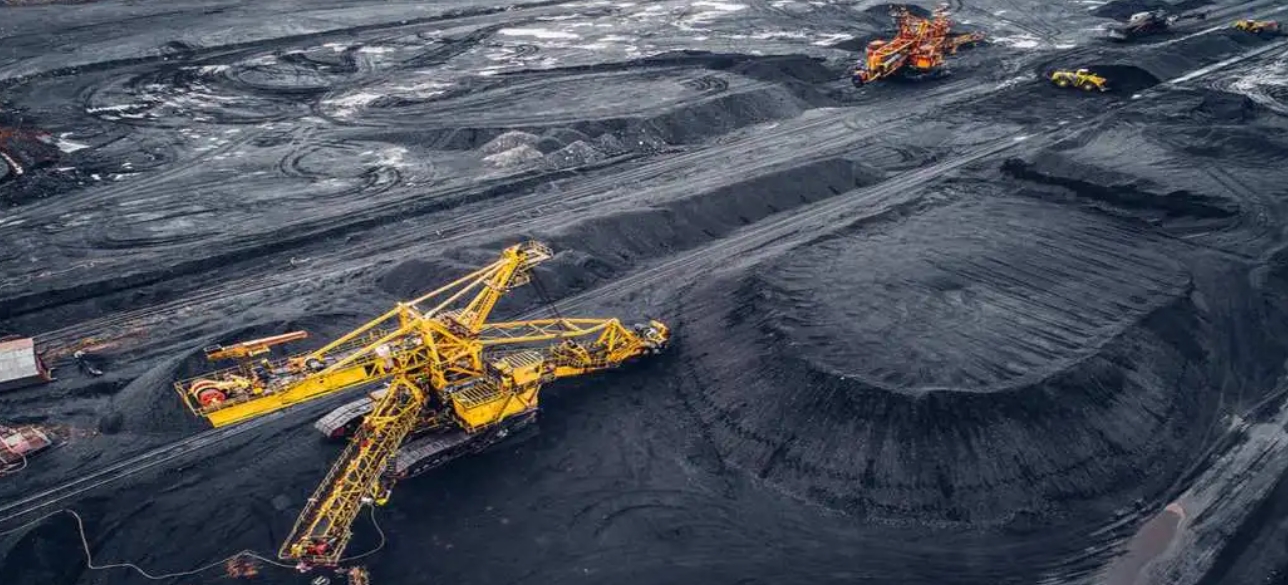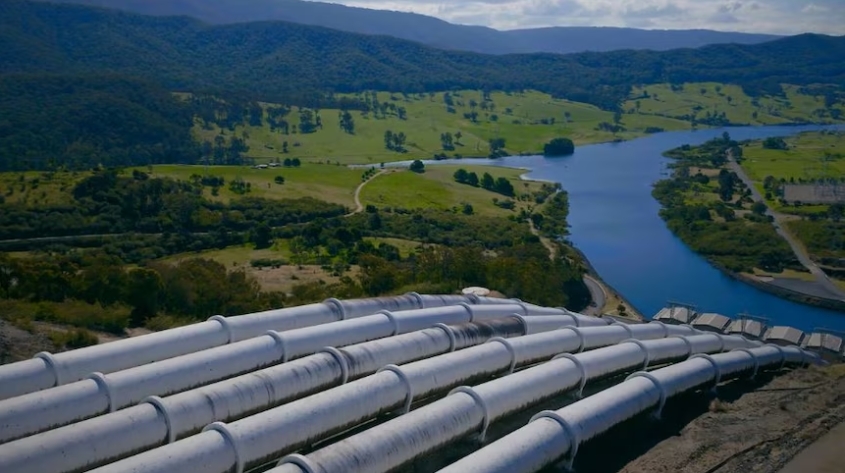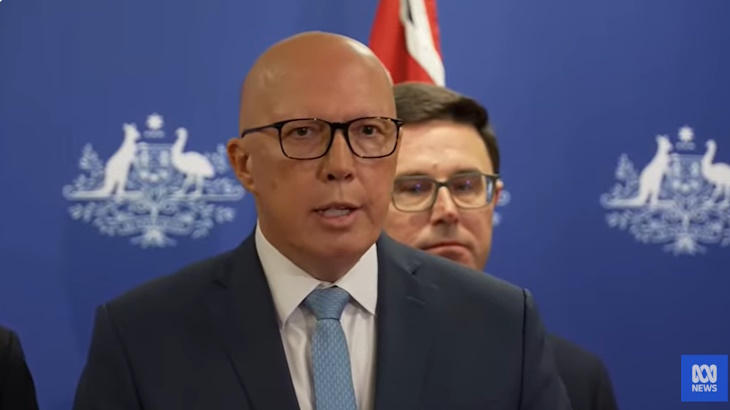
Dutton, watched by Littleproud, announced the costings at a televised press conference (Image: screengrab from ABC News/Youtube)
The report - Economic analysis of including nuclear power in the NEM, from independent economic consultants Frontier Energy - models two scenarios: the Progressive scenario, which is consistent with the Australian Federal Coalition's policy of including nuclear power, and the Step Change scenario, which reflects the policy being pursued by the current Labor government and relies on renewables and energy storages. Both scenarios are included in the Australian Energy Market Operator's (AEMO) Integrated Systems Plan.
Many commentators compare the costs of renewable generation plus the costs of back-up generation to the capacity and operating costs of a nuclear power station, but this "simple and erroneous" approach is incorrect and misleading, the report says. This is because such an approach fails to account for factors such as the larger amount of renewable capacity required to produce the same amount of electricity compared to a nuclear power station, or the requirement to store surplus electricity from renewable sources as well as the back-up generation.
The Progressive scenario offers a potential saving of AUD263 billion over the period from 2025-2051 and is 44% cheaper than the Step Change approach, the report finds. A variant of the Step Change model that included some nuclear would also be cheaper than using renewables and storage alone, the report also notes.
"You can’t compare renewable energy and nuclear power generation and costs like apples to apples. We’ve done the modelling in these AEMO scenarios with a wider, and more detailed, lens on how the two options compare in real life, and the data speaks for itself. In both scenarios, including nuclear power in our energy mix is cheaper - by up to 44% - for Australians in the medium-term future," said Frontier Economics Managing Director Danny Price.
The report is the second part of a series from independent economic consultants Frontier Energy on modelling the economics of including nuclear in Australia’s National Electricity Market (NEM): the first part, released in November, established the base case against which to compare cost impacts based on the AEMO Integrated Systems Plan. Its release comes days after CSIRO, Australia’s national science agency, released for public comment the draft of its annual GenCost report - prepared in collaboration with AEMO - which questioned nuclear's cost competitiveness.
The Liberal-National Coalition, also known as the LNP, is a long-running alliance of the Liberal Party of Australia, led by Peter Dutton, and the National Party, led by David Littleproud. Today, Dutton, Littleproud and Shadow Minister for Climate Change Ted O'Brien said the Frontier Economics report "reveals the Coalition’s balanced energy mix, including zero-emissions nuclear power, offers a cheaper, cleaner, and more consistent alternative, delivering massive savings for Australian families and businesses" and also enable Australia to meet net zero emissions by 2050.
"This is a plan which will underpin the economic success of our country for the next century," Dutton said. "This will make electricity reliable, it will make it more consistent, it’ll make it cheaper for Australians, and it will help us decarbonise as a trading economy, as we must."
"If we look at the international experience - in Asia, in North America, in Europe, all of these countries have recognised the fact, firstly, that there is no hope of achieving net zero by 2050 without nuclear in the system firming up renewables," he told a press conference at which the costings for the Coalition policy were outlined.
Earlier this year, the Coalition identified several sites where it would look to build nuclear capacity - small modular reactors in South Australia and Western Australia and either small modular reactors or larger plants in New South Wales, Queensland and Victoria - if it is elected to power. Questioned about the timelines for a nuclear programme, O'Brien said the Coalition's plan is consistent with international averages, International Atomic Energy Agency guidance and advice from the Australian government's Nuclear Technology Agency. "So our plan is consistent with the best advice that you can receive - both domestically and internationally," he said.
Australia's Minister for Climate Change and Energy Chris Bowen dismissed the Opposition's costings as "dodgy" and containing "immediately fatal flaws", saying it had failed to address questions about household bills and the time taken to build nuclear power plants, amongst other things.
